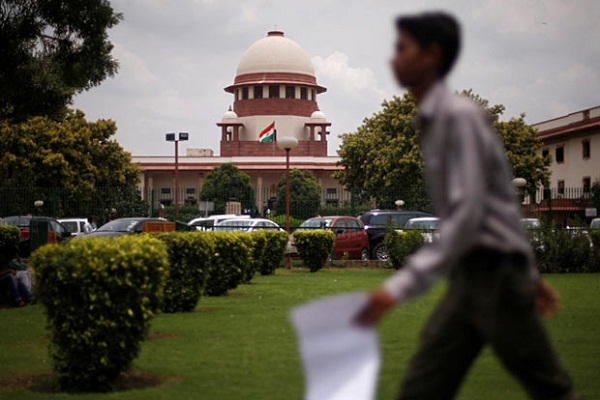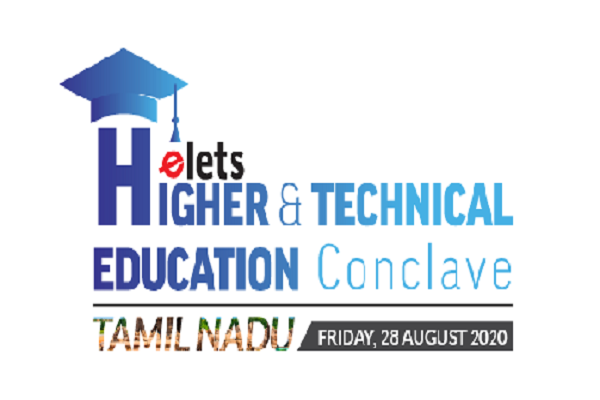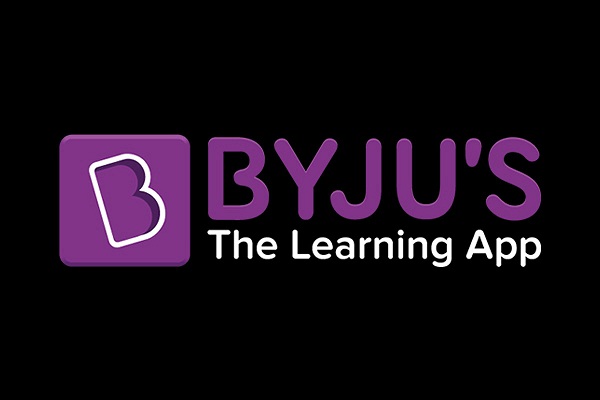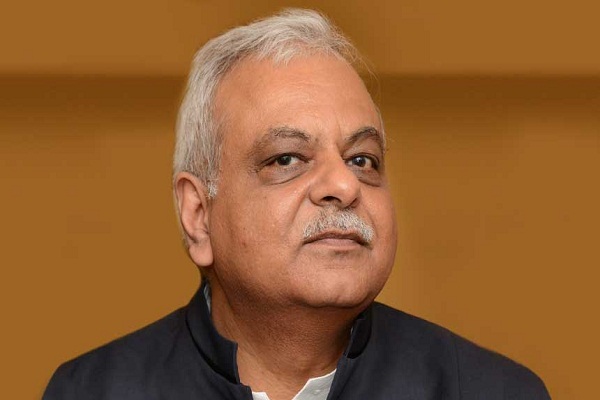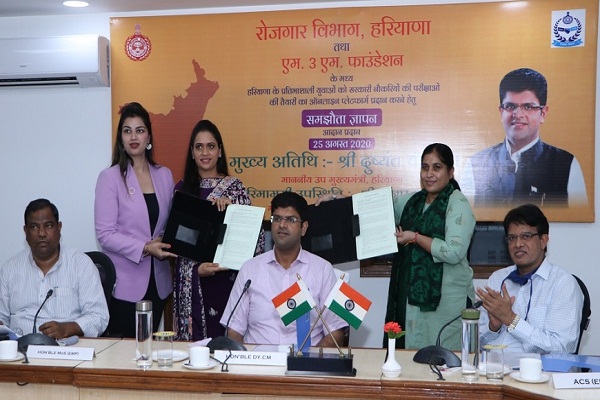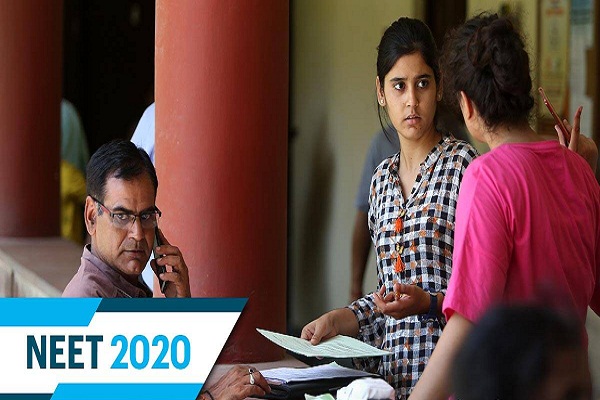In a major development, the Supreme Court of India has ruled that students cannot be promoted or granted degrees without exams. The apex court has upheld the University Grants Commission’s (UGC) July 6 guidelines that made holding exams compulsory for final-year students for all universities.
The top court has also said that states can ask the UGC for extension of the deadline for holding exams. The UGC had asked universities to hold final year examinations by September end.
The apex court also observed that if any state has taken a decision that it is not possible to hold exams, we grant them liberty to approach the UGC to seek an extension of the deadline. The SC also observed that it is not compulsory to hold exams before September 30.
Also read: Correspondence engineering degrees invalid: Supreme Court
Earlier on August 18, the SC reserved its judgement on the Public Interest Litigation (PIL) filed by final year students, demanding cancellation of final year examination, as mandated by the University Grants Commission.
The UGC on July 6, came up with exam related guidelines for the final year, final semester university students. UGC directed universities to complete final year examination by September end in online, offline or blended mode following the COVID-19 standard operating procedure.







